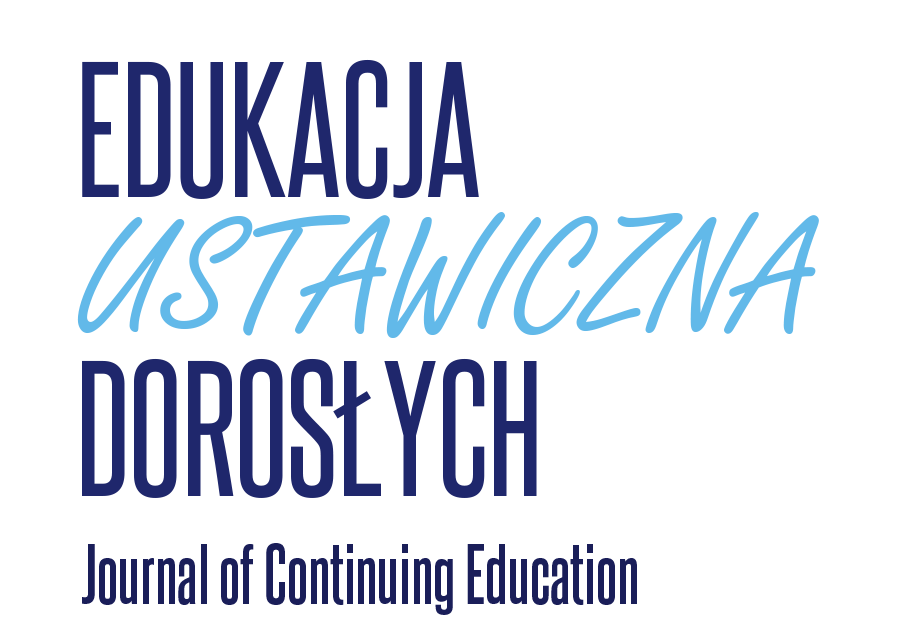Survey of ICT students' views on self-assessment of professional preparation after remote study ![]()
Badanie opinii studentów ICT na temat samooceny przygotowania zawodowego po studiach zdalnych
DOI: 10.34866/hax4-yv14
Marta Szczerska
ORCID: 0000-0002-3475-9344
Michał Tomczak
ORCID: 0000-0002-2916-5015
DOI: 10.34866/hax4-yv14
Paweł Ziemiański
ORCID: 0000-0002-4391-9282
Katarzyna Wajszczyk
ORCID: 0000-0001-7682-336X
Słowa kluczowe: nauka zdalna, praca zdalna, technologie cyfrowe, studenci ICT
Key words: distance learning, remote working, digital technologies, ICT students.
Streszczenie: Współczesna postpandemiczna rzeczywistość charakteryzuje się bezdyskusyjnym zwrotem w kierunku zdalnej edukacji i pracy. Celem niniejszego artykułu jest identyfikacja oceny studentów ICT w obszarze różnych form studiowania, w tym formy stacjonarnej, zdalnej i hybrydowej; poznanie ich preferencji wobec różnych form edukacji i pracy, a także określenie ich poczucia samoskuteczności w zakresie realizacji zadań zawodowych podejmowanych po zakończeniu edukacji zdalnej. Zastosowano metodę ankietową, a próbę badawczą oparto na doborze celowym. Wyniki wskazują, że chociaż preferowane jest hybrydowe środowisko zarówno w kontekście edukacji, jak i pracy zawodowej, wyzwaniem pozostaje optymalizacja tego formatu w celu poprawy jakości kształcenia, jednakże ankietowani studenci czują się skuteczni w swoich działaniach zawodowych po zakończeniu edukacji zdalnej.
Abstract: The contemporary post-pandemic reality is characterised by an undisputable shift toward remote education and work. The aim of this article is to identify the assessment of ICT evaluation of different forms of study, including desktop, remote and hybrid forms; to find out their preferences towards different forms of education and work, and to determine their sense of self-efficacy in terms of professional tasks undertaken after remote education. A survey method was used and the research sample was based on purposive sampling. The results indicate that, although a hybrid environment is preferred in both educational and professional contexts, the challenge remains to optimise this format in order to improve the quality of education. Nevertheless, the surveyed students feel self-efficacious in their professional activities after remote education.

